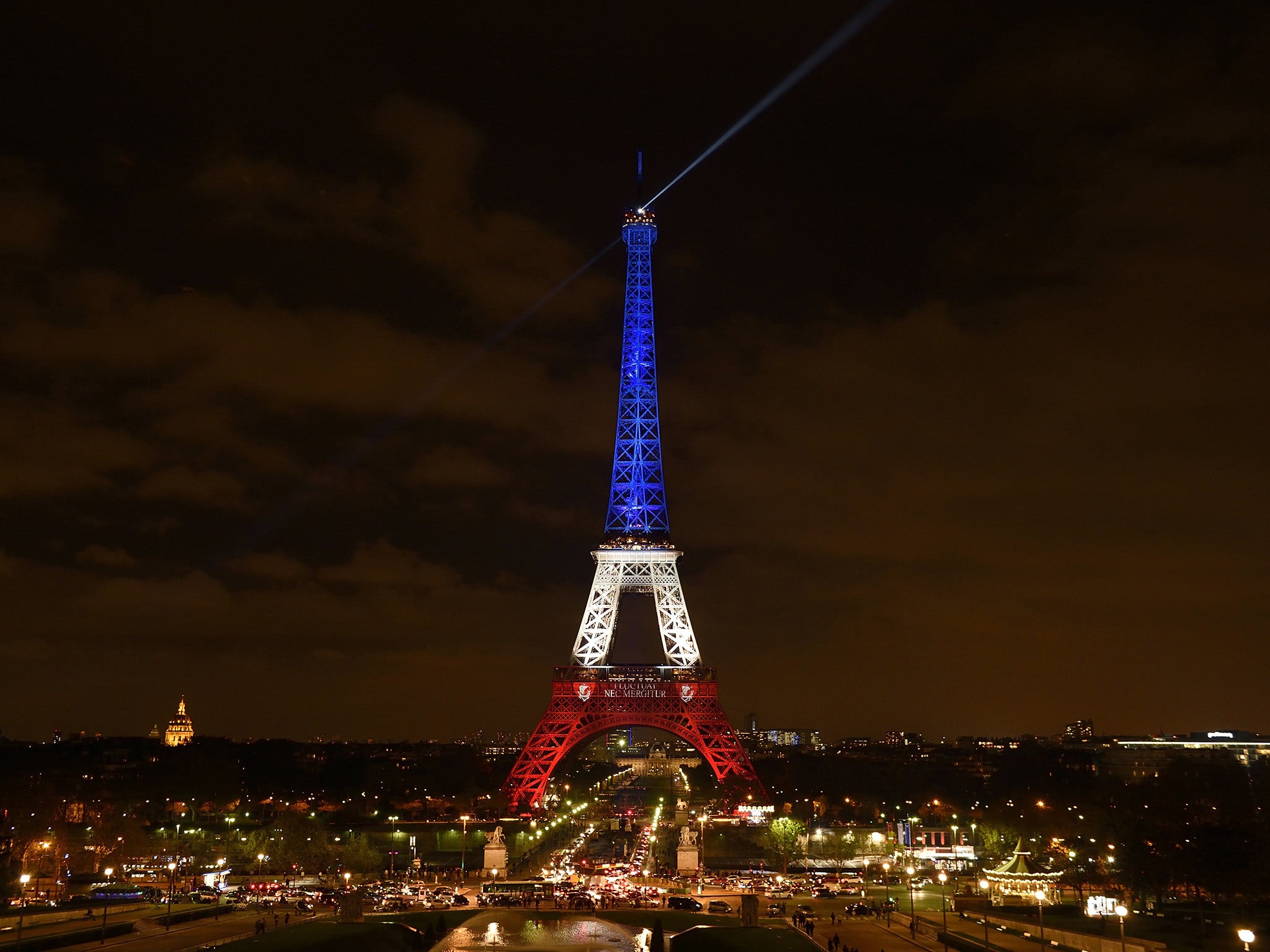French speakers are more likely to become radicalised, says study
Could French political culture be a root cause of jihadism?

Your support helps us to tell the story
From reproductive rights to climate change to Big Tech, The Independent is on the ground when the story is developing. Whether it's investigating the financials of Elon Musk's pro-Trump PAC or producing our latest documentary, 'The A Word', which shines a light on the American women fighting for reproductive rights, we know how important it is to parse out the facts from the messaging.
At such a critical moment in US history, we need reporters on the ground. Your donation allows us to keep sending journalists to speak to both sides of the story.
The Independent is trusted by Americans across the entire political spectrum. And unlike many other quality news outlets, we choose not to lock Americans out of our reporting and analysis with paywalls. We believe quality journalism should be available to everyone, paid for by those who can afford it.
Your support makes all the difference.French political culture could be a key factor in the rise of jihadi culture in Western Europe, if research is to be believed.
The recent terrorist attacks in Brussels and Paris have forced Europeans to ask many uncomfortable questions, and academics think they may have found a link between Francophone speakers and jihadism.
According to William McCants and Christopher Meserole, who were writing in Foreign Affairs, the nature of Isis networks and policing downfalls likely played a part in the terrorist attacks, but neither had as crucial a role as that of French political culture.
Mr Meserole, a pre-doctoral fellow at Brookings Foreign Policy, told Vox: "Neither of us went in to this project thinking Francophone was all that mattered.
"We felt the social science on Sunni radicalism was basically at a loss. Fifteen years after the Pentagon and World Trade Centre attacks, we still didn't really have a good handle on what was driving it."
The pair’s research, which aims to explain Sunni militancy and potentially predict a country’s rate of radicalisation and violence, found a country’s wealth or level of education, health or internet access are not nearly as important as whether the country is Francophone.
“Four of the five countries with the highest rates of radicalisation in the world are Francophone, including the top two in Europe (France and Belgium),” the pair wrote in Foreign Affairs.
Although they appreciate countries like the UK have considerably more foreign fighters than Belgium, they said when the percentage of the population who are Muslim is considered, Belgium actually produces far more.
But the two academics are not necessarily suggesting the French language itself is the problem, more that it is directly linked to the country's political culture.
“France and Belgium, for example, are the only two countries in Europe to ban the full veil in their public schools. They’re also the only two countries in Western Europe not to gain the highest rating for democracy in the well-known Polity score data, which does not include explanations for the markdowns,” they write.
Two other problems the research highlighted were youth unemployment and urbanisation. These factors are undeniably present in both the Brussels district of Molenbeek and Paris's 'banlieues'.
Molenbeek, home to Salah Abdeslam the mastermind of the Paris atrocities, along with many of the terrorists linked to both the Paris and Brussels attacks, is found on the outskirts of the city centre and suffers from around 50 per cent youth unemployment.
Dr McCants and Mr Meserole suggest these factors mean the youth are likely to have more opportunities to connect with radicalists and - combined with French secularism - Sunni radicalism becomes more appealing.
However, the duo admit there is still a lot of work to be done before they can properly explain the rise of jihadist terrorism in Europe.
“Our initial findings should in no way imply that Francophone countries are responsible for the recent horrible attacks—no country deserves to have its civilians killed, regardless of the perpetrator’s motives,” they said.
Subscribe to Independent Premium to bookmark this article
Want to bookmark your favourite articles and stories to read or reference later? Start your Independent Premium subscription today.
Join our commenting forum
Join thought-provoking conversations, follow other Independent readers and see their replies
Comments